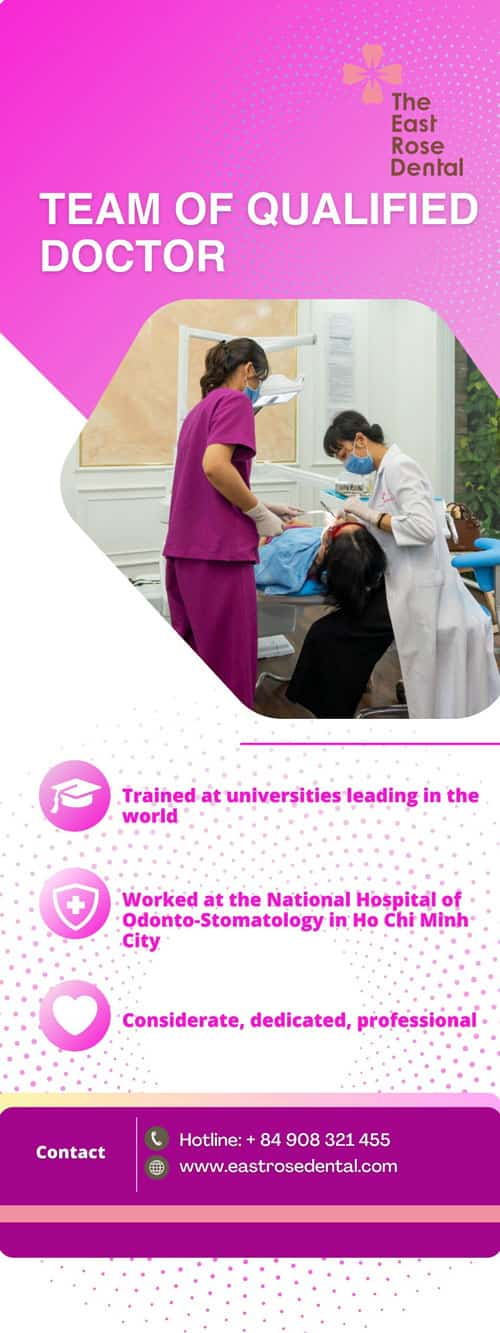12 Interesting Dental Facts You May Not Know
When it comes to dentistry, many people often think of unpleasant treatment experiences. However, dentistry holds countless fascinating facts that you may not have heard of. Below is a compilation of 12 dental facts you might not know. Let’s explore them with The East Rose Dental Clinic in this article.
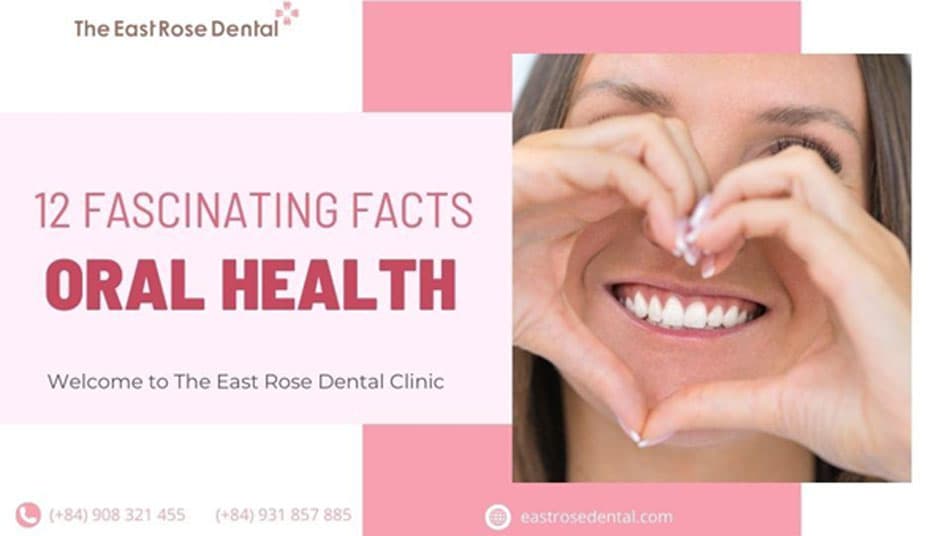
1. Tooth enamel is the hardest substance in the body
It is the outermost protective layer of the teeth and is considered the hardest material in the human body. With its excellent ability to withstand pressure and resist wear, tooth enamel protects the teeth from external factors like hard foods or acids from certain foods. However, enamel cannot regenerate if damaged. Therefore, limiting acidic foods and beverages and maintaining proper oral hygiene is crucial.
2. Teeth cannot heal themselves
Unlike other organs such as skin or bones, teeth do not have the ability to self-repair after being damaged. This is because teeth lack living cells in the enamel or dentin to regenerate. This means that cavities or chipped teeth need to be treated promptly to prevent further damage. Regular oral care and periodic check-ups are the best ways to protect your teeth and maintain a healthy smile for life.
3. Teeth marks are never identical
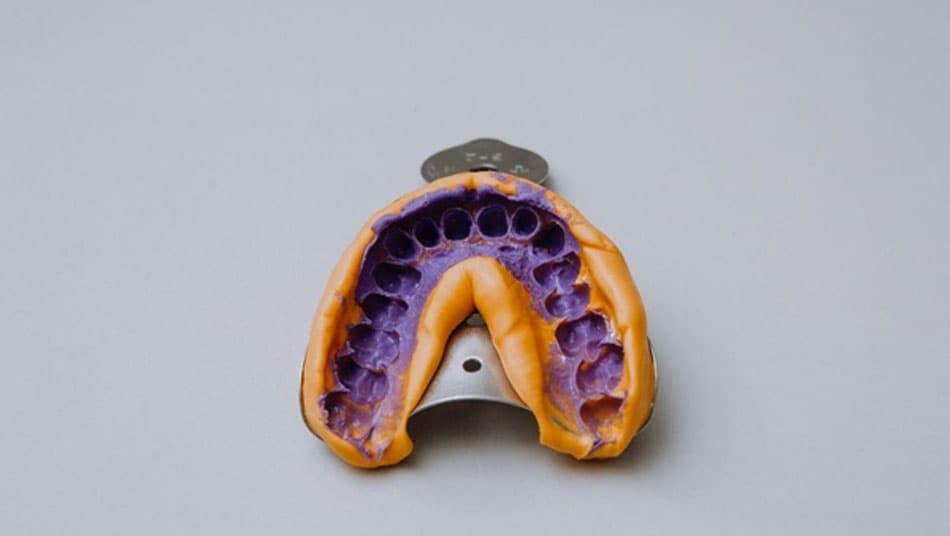
Each person's teeth are unique, and no one has an identical set of teeth, not even identical twins. This makes teeth a personal identifying feature, much like fingerprints. This uniqueness has allowed forensic experts to use dental impressions in identifying individuals.
4. Plaque contains up to 300 types of bacteria
Dental plaque is a soft, sticky film that forms on the surface of the teeth, containing over 300 different types of bacteria. If not cleaned promptly, plaque hardens into tartar, leading to cavities, gum disease, and bad breath. Some bacteria in plaque can produce acids, which destroy tooth enamel and lead to more serious problems. Therefore, in addition to brushing your teeth daily, you should use floss and mouthwash to effectively remove plaque.
5. Braces were invented in the 18th century
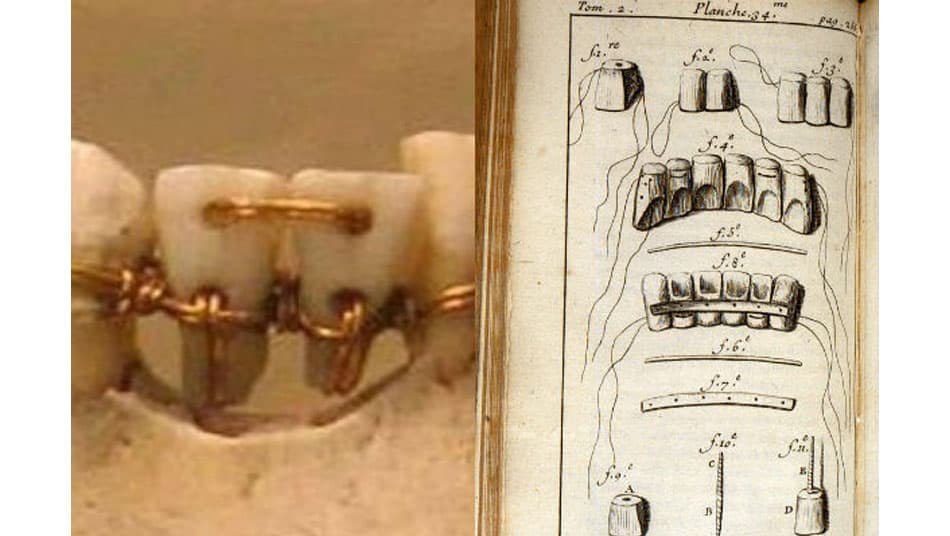
The method of orthodontics dates back to the 18th century and was developed by Pierre Fauchard, the father of modern dentistry. At that time, the technique was quite primitive, using metal wires to shape the teeth. Over the centuries, orthodontics has been greatly improved with modern materials, especially clear aligners like Invisalign. These advancements have made orthodontic treatment more comfortable and aesthetic, giving millions of people the confidence of a beautiful smile.
6. You spend 38 days of your life brushing your teeth
On average, a person spends about 38 days of their lifetime just brushing their teeth. This highlights the importance of maintaining daily oral hygiene. Although it doesn’t take much time, this habit helps remove plaque and effectively prevents cavities and gum disease.
7. Teeth begin to form in the womb
A child’s baby teeth start to form while still in the womb, although they don’t begin to emerge until around six months of age. This developmental process is greatly influenced by the mother’s nutrition during pregnancy. Nutrients like calcium and vitamin D play a crucial role in the formation of strong, healthy teeth for the baby.
8. Each person produces 25,000 liters of saliva throughout their lifetime
Over the course of a lifetime, our mouths produce more than 25,000 liters of saliva – enough to fill two large swimming pools. Saliva plays an essential role in protecting teeth from bacteria, aiding digestion, and balancing the acidic environment in the mouth. When saliva production decreases, teeth become more vulnerable to damage from bacteria and harmful agents. Additionally, drinking enough water daily helps stimulate saliva glands to function more effectively.
9. There are more than 700 types of bacteria in the mouth
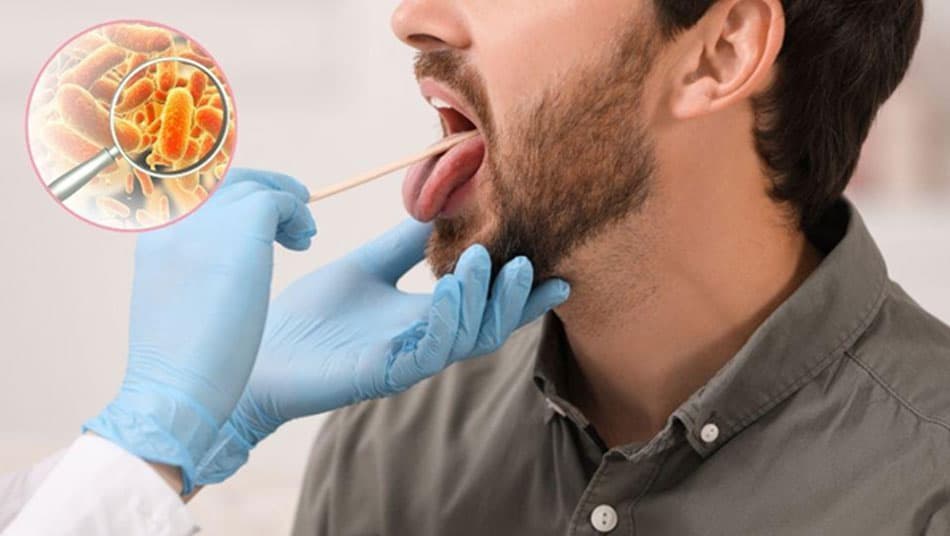
The mouth is home to over 700 different types of bacteria, creating a rich and diverse microbiome. Many of these bacteria simply exist without causing harm and even play a crucial role in maintaining the mouth's natural balance. However, some types of bacteria have the potential to cause issues such as cavities or gum disease, especially when they grow excessively.
10. Oral health is linked to many systemic diseases
Studies have shown that bacteria from the mouth can enter the bloodstream, contributing to infections and increasing the risk of diseases such as cardiovascular issues, osteoporosis, and diabetes. Conversely, these systemic conditions can also hinder healing during dental treatments. These connections highlight that the oral cavity is an integral part of the overall picture of human health.
11. Tooth decay can spread
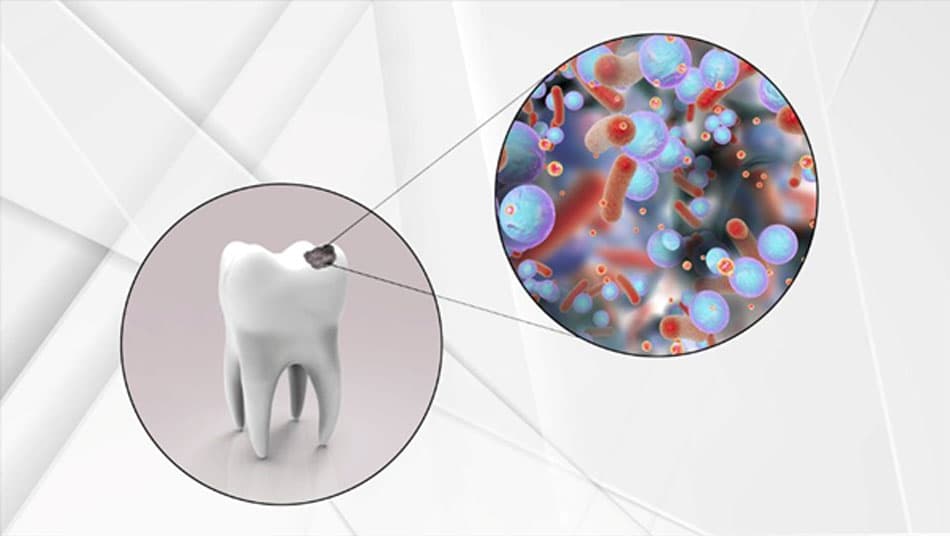
Although tooth decay doesn't spread like the flu, the bacteria that cause cavities can be transmitted through saliva. This can happen when you share utensils, kiss, or even when you clean a baby's pacifier by putting it in your mouth. These bacteria can then stick to someone else's teeth and cause cavities if proper oral hygiene is not maintained.
12. You can have up to 6 wisdom teeth
Normally, people have between 1 to 4 wisdom teeth, but in rare cases, it’s possible to have as many as 6. Wisdom teeth are the last molars to emerge, typically between the ages of 17 and 25. The difference in the number of wisdom teeth may be related to genetic factors and jaw structure. When too many wisdom teeth grow or grow in an awkward position, they can cause issues such as pain, infection, or pressure on other teeth.
Which of the 12 dental facts surprised you the most? We hope this article from The East Rose Dental Clinic has provided you with valuable knowledge about oral health. From there, you can improve your dental care skills for the best results.
Services
Working Time
- Monday - Friday: 08:00 - 19:00
- Saturday: 08:00 - 18:00
- Sunday closed
Contact Info
- Hotline 1: (+84) 908 321 455
- Hotline 2: (+84) 931 857 885
- Mobile: (+84) 8 3925 8778
- Phone: (+84)2 838 258 778
- info@dentalrose.net
- rosedentalclinicvn@gmail.com
 English
English  Tiếng Việt
Tiếng Việt
